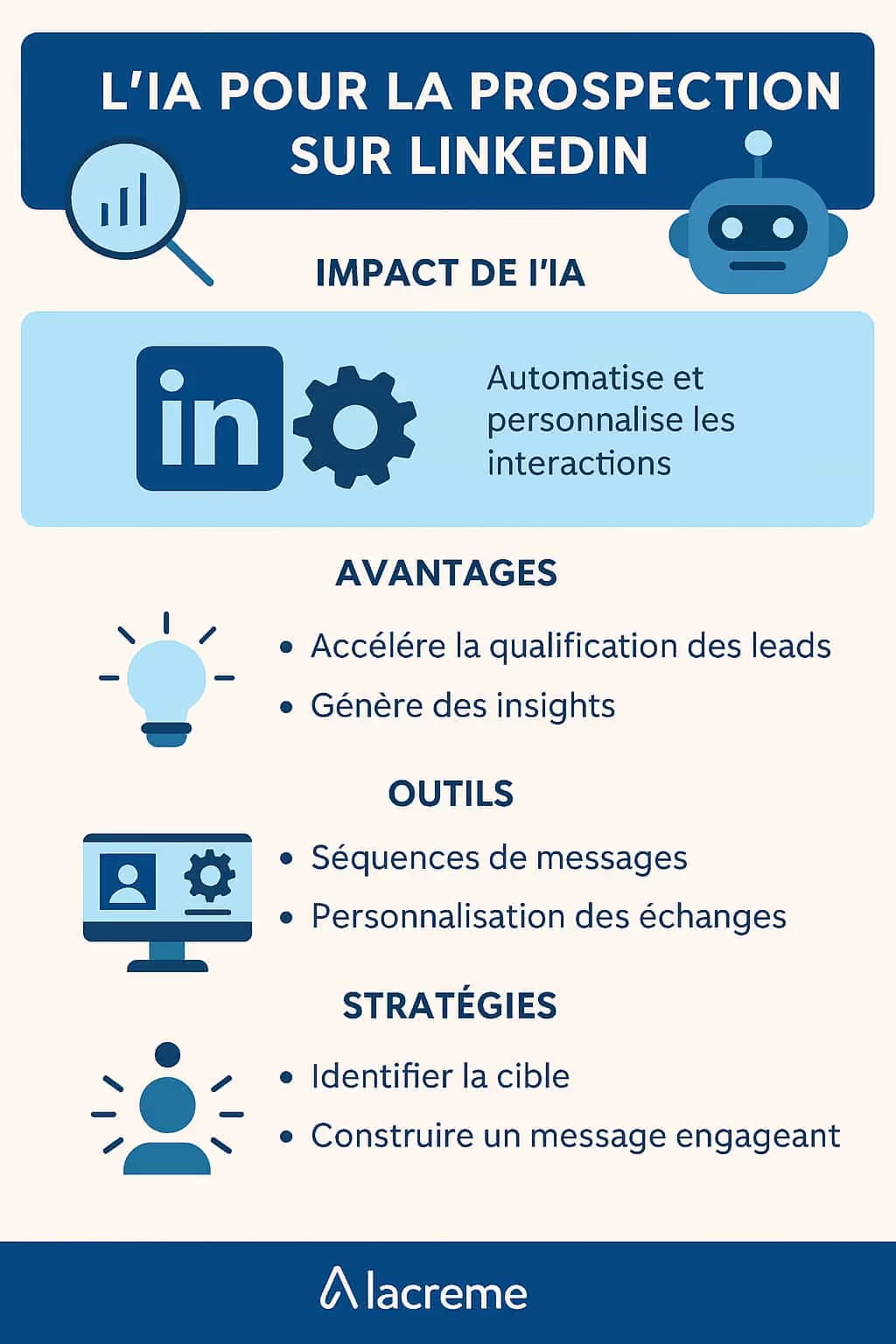With the advent of new technologies,artificial intelligence (AI) has gradually become part of our daily lives, so much so that it has become an essential part ofmodern home. Whether to optimize the energy management, strengthen the security, or simply improve home comfort, artificial intelligence promises to revolutionize the way we live at home.
What is artificial intelligence applied to housing?
THEartificial intelligence in the home includes all the technologies capable ofAutomate tasks, to analyze data and to make optimal decisions on behalf of the occupant, without direct human intervention. It takes the form of smart home automation systems, voice assistants, various sensors and a variety of connected applications.
Smart home automation systems: the heart of connected homes
Home automation systems form the framework of smart homes by allowing the centralized and simplified management of home equipment via a single interface, often controlled by smartphone or voice command.
Automation and remote control: how AI is transforming home management
Artificial intelligence makes it possible toautomating tasks recurring such as the regulation of heating, the opening and closing of shutters, or the management of lighting according to the occupancy of the premises. It also makes it possible to remotely control these same equipment, offering unprecedented flexibility and responsiveness to users.
Energy saving and sustainability thanks to AI: major challenges for the housing of tomorrow
By intelligently adapting energy consumption to the real needs of residents, and by optimizing the use of resources through accurate data and continuous learning, artificial intelligence promotes a significant reduction in the energy footprint of homes, while generating substantial savings.
The benefits of artificial intelligence on home security and comfort
AI does not only improve the energy performance of homes; it also plays a decisive role in the security and enjoyment of living spaces.
Strengthening security with predictive intelligent systems
Thanks to real-time data processing and the ability of AI to detect anomalous behavior, security systems are becoming proactive. Surveillance cameras equipped with artificial intelligence or cutting-edge alarms are now able to prevent intrusions or other domestic incidents by alerting the owners or the services concerned.
Improving the comfort of daily living: advances for occupants
Whether through the personalized management of the light, sound or thermal environment, artificial intelligence contributes to making living environments more comfortable and adapted to the individual preferences of each occupant.
Emerging technologies: the path to ever more connected homes
The symbiosis between connected objects and AI marks a decisive advance towards homes that are not only intelligent but also eminently adaptive and scalable.
Connection between connected objects and AI: harmonious integration into the home
AI acts as an intelligent coordinator between the various connected devices in the home, allowing for fluid communication and increased interoperability, resulting in an ever more seamless user experience.
Natural language processing and artificial intelligence: towards intuitive human-machine interaction
Natural language processing by AI has made it possible to develop increasingly sophisticated voice control interfaces, promoting human-computer interaction as natural as possible, and making the use of technology accessible to a wider audience.
The challenges and perspectives of artificial intelligence in the housing ecosystem
While there is clear enthusiasm for AI in the housing sector, its integration also raises challenges and ethical questions, especially around the protection of privacy and the security of personal data.
Respect for privacy and data security: the challenges of domestic AI
The accumulation of sensitive data by smart home systems requires measures of cybersecurity robust to prevent breaches and guarantee the confidentiality of users' personal information.
Looking to the future: evolution and potential of smart homes powered by AI
It is expected that artificial intelligence-related technologies will continue to evolve, paving the way for ever smarter homes, where the anticipated needs of residents and the responsiveness of systems will further increase the quality and safety of domestic life.






